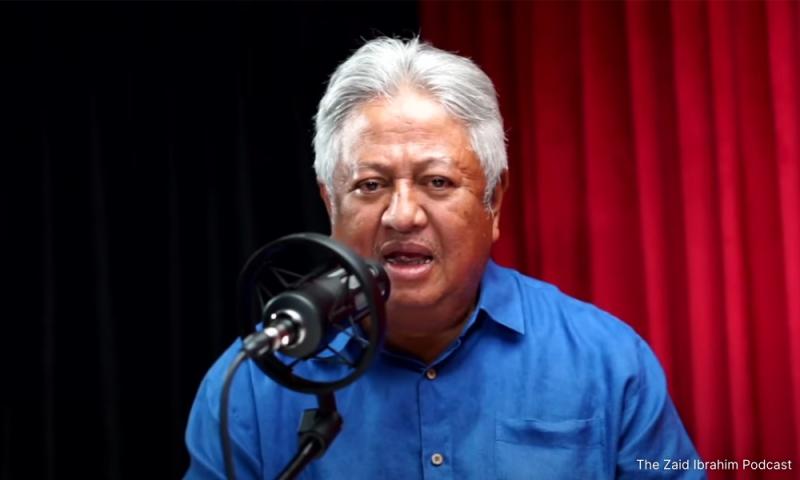But instead, the regulator, Malaysian Communications and Multimedia Commission (MCMC), has given Celcom Axiata Bhd and Digi.com Bhd, controlled respectively by Malaysia’s Axiata Group and Norway’s Telenor, to go ahead with their merger, subject to some inconsequential conditions.
That will make the merged company the largest telco in Malaysia, eclipsing the current largest Maxis Bhd and reducing further competition in the telecommunications area, where Malaysia already has some of the highest rates for both broadband and mobile services, the key components of telecommunications.
Allowing a further concentration of pricing power in an area where it is already controlled almost cartel-like in the mobile area by the three major telcos mentioned is a travesty and will ensure that the consumer continues to get the wrong end of the stick in the deal.
There are two things that give rise to such poor decisions. First, large companies in this country have a huge influence on the government which effectively controls regulation in many areas - telcos, banks and insurance, airlines, manufacturing, industry, etc. So the government’s influence is disproportionately large because regulators are appointed by the government.
Second, while there are commissions to control various business sectors, they are often not independent and some of them may not be competent enough to deal with all the issues involved.
For example, in the case of telecommunications, a big issue is...






